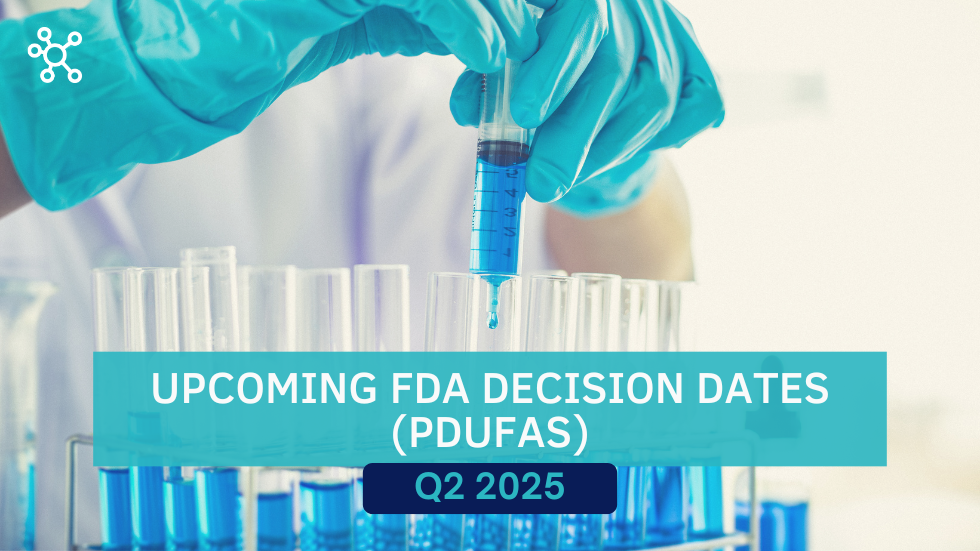Author: Claire Jarvis
For candidates plunging into the job market for the first time, the attention of recruiters on LinkedIn can often feel unwelcome: an undesirable consequence of the job search to be ignored or minimized while you submit job applications. Nearly every STEM jobseeker has stories of a recruiter contacting them about a job they weren’t qualified for or didn’t come close to matching the expertise they clearly articulated on their LinkedIn profile.
Fortunately, many successful job seekers now working in industry can also recall speaking to a recruiter who had read their social media profile with care, and connected them to interesting opportunities that suited their talents.
It may surprise the cynics, but a lot of biotech recruiters are trained scientists themselves: they obtained a STEM degree but moved into recruiting because they enjoyed people-focused jobs and waited to remain in a scientific environment.
The technical expertise necessary for biotech jobs at all levels means biotech companies will only engage with recruiters who demonstrate they understand these technical requirements and can match them to candidates with the necessary skill set. As a consequence, you’ll probably encounter more skilled biotech recruiters than unskilled ones.
Not sure if the recruiter you’re talking to has that scientific expertise? Here are some things to look for when interacting with unfamiliar biotech recruiters:
-
- Does their agency specialize in placing biotech candidates? Some agencies work across a lot of industries, from hospitality to tech. They are more likely to hire recruiters without a background in the field(s) they recruit. A niche recruiting agency who exclusively fills biotech roles is likely to hire recruiters with a science background.
- Does their LinkedIn profile list a STEM degree, or the kinds of candidates/companies they work with? The closer the recruiter’s education profile to the candidates they are placing, the higher likelihood they will understand your technical capabilities and how you might fit in to the client’s company.
- Does their initial email/phone call demonstrate an understanding of your qualifications and the kinds of job you are looking for? Listen and look for keywords or phrases in those early conversations that indicate the recruiter has read your social media profile and speaks to your strengths. A very generic LinkedIn message might indicate the recruiter is casting a wide net and approaching a lot of potential candidates.
- Fill out your LinkedIn profile. The recruiter bears some responsibility if they don’t properly read the Experience and Skills section of your LinkedIn profile. However, you can help good recruiters find you by listing your technical skills and expertise, and stating the kind of opportunities you are open to. Remember, if you need to conduct a discrete job search this section can be kept private so only recruiters can view it.
- Update recruiters you’re in contact with. If you have a positive relationship with a recruiter, it’s helpful to update them with major career news (e.g. a key promotion or new job in a different field) during your job search. It’s important to keep good recruiters supplied with the information they’ll need to connect you with the right opportunities, and it helps remind them of your skillset and job preferences in case new positions open up.
At Sci.bio, we believe scientists make the best biotech recruiters. Our team of STEM graduates understand the biotech industry and look forward to connecting you with your dream job. Reach out and schedule a conversation with us today.





